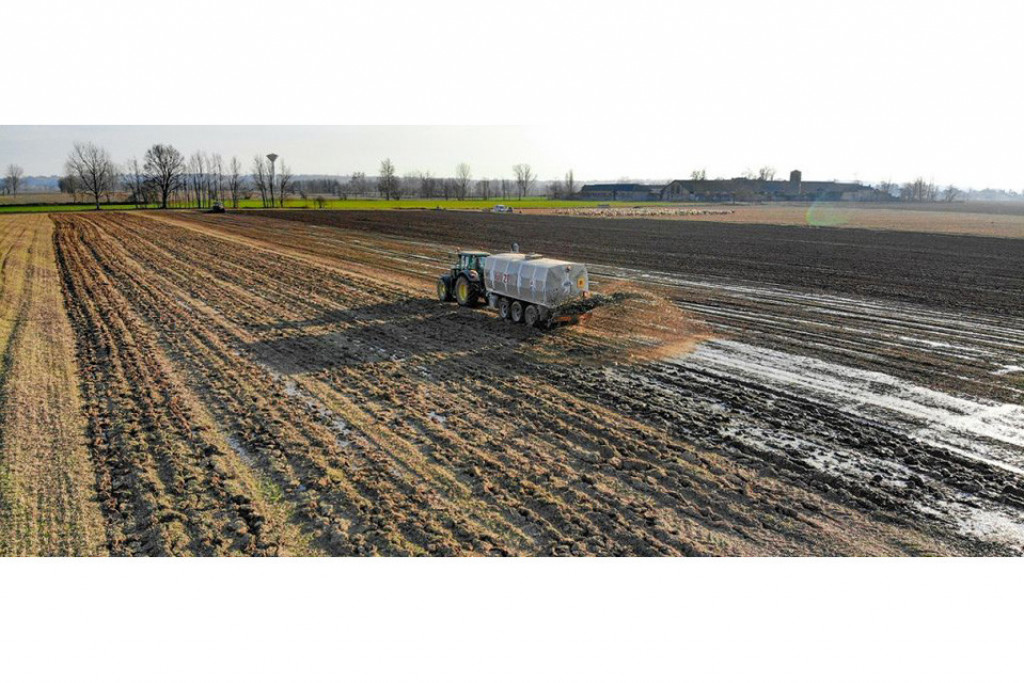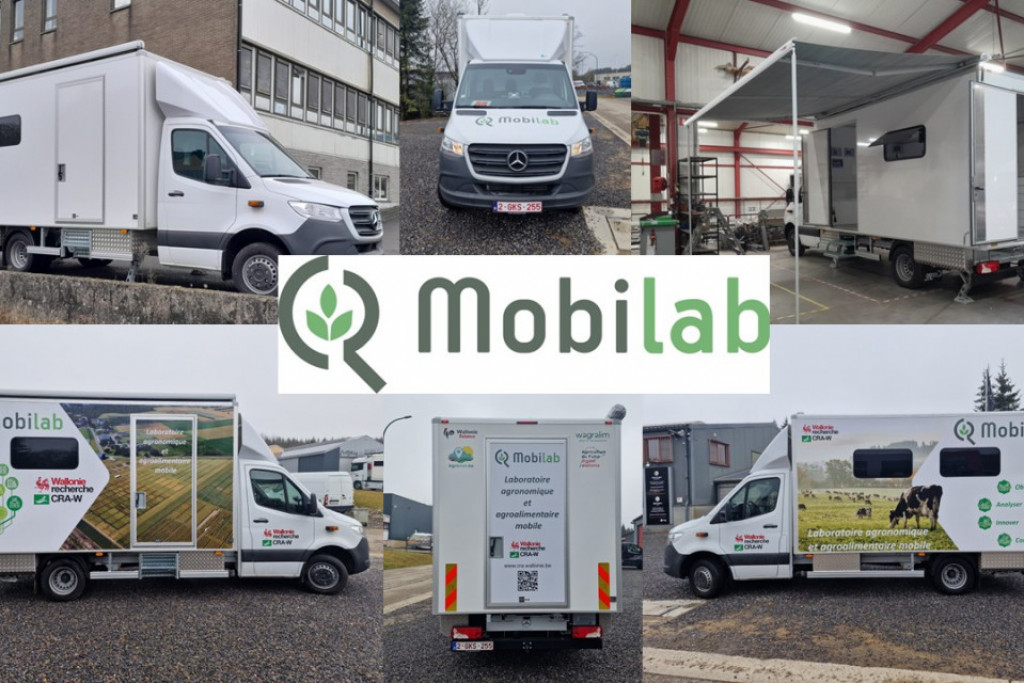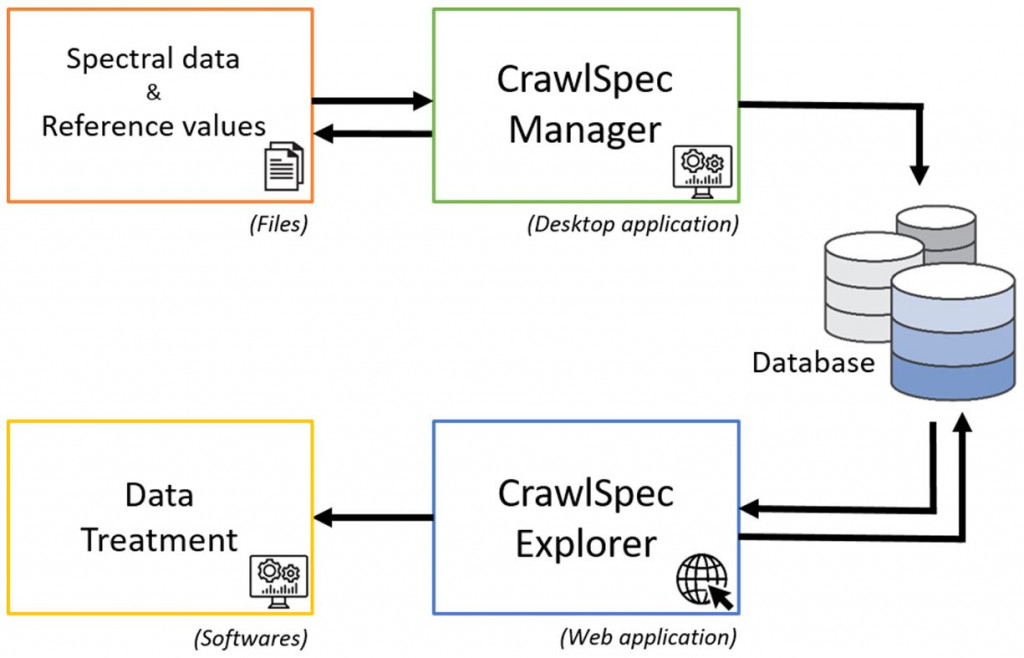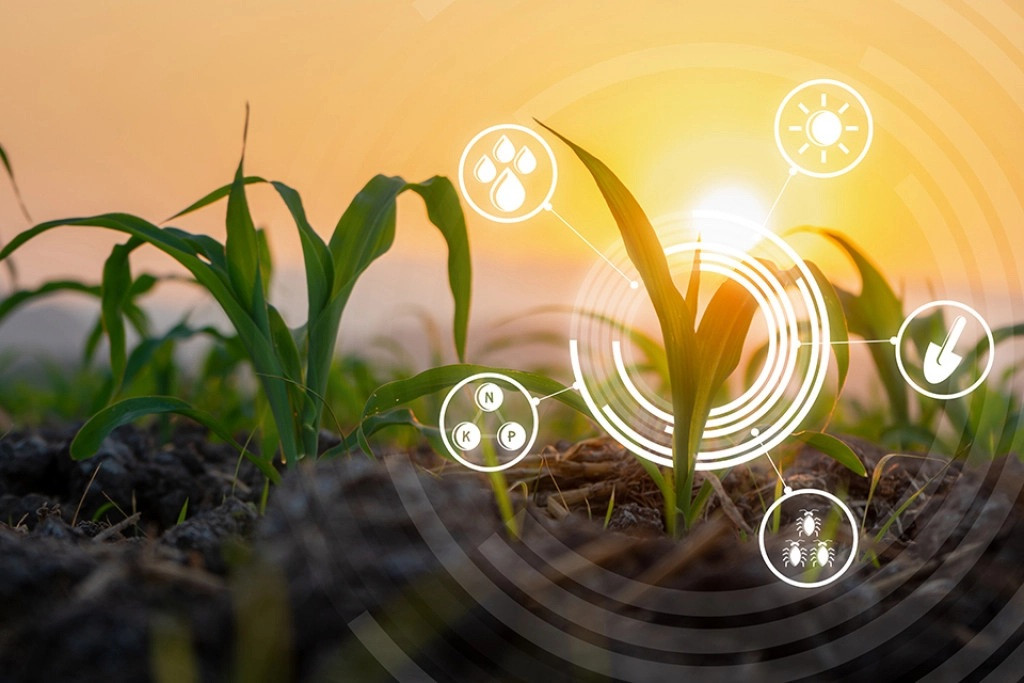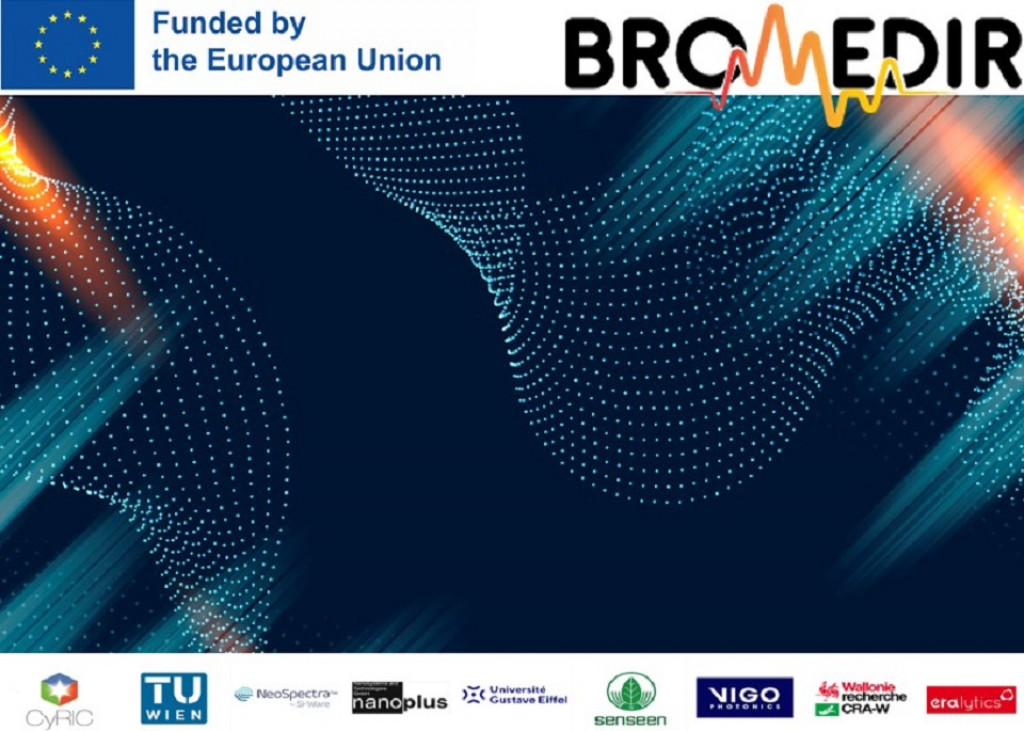Objectives
The QUALISPECTRA project aims to develop advanced Machine Learning (ML) and Deep Learning (DL) algorithms for hyperspectral image analysis to enhance food safety and optimize industrial processes. These algorithms will fully leverage both the spectral and spatial information provided by hyperspectral imaging, addressing the common oversight of neglecting spatial dimensions in current methods. This approach promises more comprehensive and accurate analyses.
A key priority of the project is the speed of the algorithms, which is critical for real-time decision-making and meeting the growing demand for fast, non-destructive, and efficient quality controls. The project focuses on two primary challenges:
- Fusarium detection in common wheat ears (also studied under the Phenet and Phenweat projects), enabling rapid identification of this fungal disease.
- Flour mixture homogeneity quantification (using samples from the ValCerWal project), ensuring product quality and uniformity.
By addressing these significant challenges in the agro-food sector, the developed algorithms will provide practical solutions. Furthermore, the methodologies proposed by the project have the potential to be applied to other products and industrial scenarios, offering versatile solutions to a wide range of challenges.
Implications of the CRA-W
The CRA-W leads Work Package 2: Data Preparation – Assessment of data quality, labeling, annotation, and supply. Its primary responsibility is to deliver high-quality data to CETIC, which will subsequently test and develop Machine Learning algorithms. To achieve this, the CRA-W has meticulously acquired the data after analyzing the associated challenges and designing an experimental plan. Additionally, the CRA-W oversees the storage and annotation of these images.
The CRA-W's expertise extends to other work packages as well. Its in-depth knowledge of the studied products, datasets, and previously tested methodologies is essential for developing algorithms that effectively address the identified challenges.
The team members involved in this project include Vincent Baeten, Philippe Vermeulen, Juan Antonio Fernández Pierna, Damien Vincke, and Antoine Deryck.
Partnership
- CETIC
- Walloon Agricultural Research Centre
Funding
This project is funded by the Win4Collective – EXERCICES 2024 program of the Walloon Region and spans over 2 years (September 2024 - August 2026).
Declaration of Generative AI: The GPT-4o version of ChatGPT has been utilized to enhance the formulation of the translated version of this project sheet.


